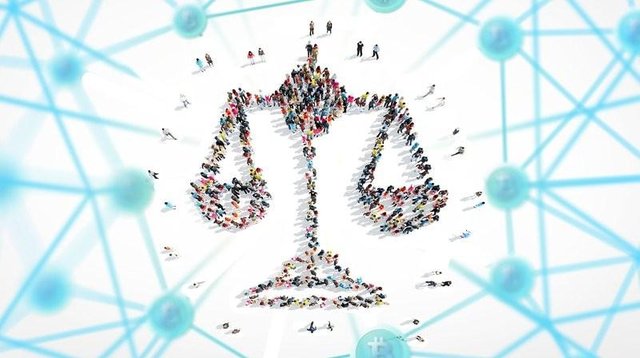Enterprise Ethereum Alliance Expands Legal Industry Working Group

On August 14, the Enterprise Ethereum Alliance announced the addition of more than a dozen organizations to its blockchain collaboration under the umbrella of its Legal Industry Working Group, responsible for creating enterprise-grade applications on the Ethereum blockchain. The new members include law schools, legal departments of universities, academic institutions and leading global law firms.
According to the EEA, the swift expansion of the Legal Industry Working Group is due to the fact that an increased number of legal professionals are showing interest in blockchain technology. The Ethereum blockchain consortium believes this working group will serve as a base for the success of “various efforts taking place within the organization.”
“We are thrilled to see robust interest in blockchain technology by forward-looking law firms and institutions. Lawyers are poised to serve as the catalysts for blockchain technology, and the Legal Working Group will serve as a neutral space to explore blockchain-based legal technology, develop standards for “smart” legal agreements, support emerging enterprise use cases and tackle important policy issues raised by this new impactful technology,” Aaron Wright, Chair of the EEA Legal Industry Working Group, Associate Clinical Professor and Co-Director of the Cardozo Law School’s Blockchain Project, and co-founder of the smart contract project OpenLaw, said in a statement.
The Legal Industry Working Group isn’t the only part of the blockchain collaboration to be experiencing a rapid growth in new members. On July 18, 2017, the EEA announced that the alliance had onboarded 34 new organizations, bringing the number of the participants to more than 150 members. The newly joined participants included Mastercard, Cisco, the Government of Andhra Pradesh (one of the 29 states of India), Scotiabank and many others.
Formed in late February 2017 by founding members such as Intel and J.P. Morgan, the EEA strives to create, promote and support open standards, best practices and open source reference architectures on the Ethereum blockchain. The consortium serves as the major research and development body of the Ethereum blockchain, helping Ethereum to evolve into an enterprise-grade technology. In terms of development and research, the EEA focuses on multiple areas, including privacy, confidentiality, scalability and security, as well as investigating hybrid architectures and industry-specific, application-layer working groups.
Hi! I am a robot. I just upvoted you! I found similar content that readers might be interested in:
https://bitcoinmagazine.com/articles/enterprise-ethereum-alliance-expands-legal-industry-working-group/